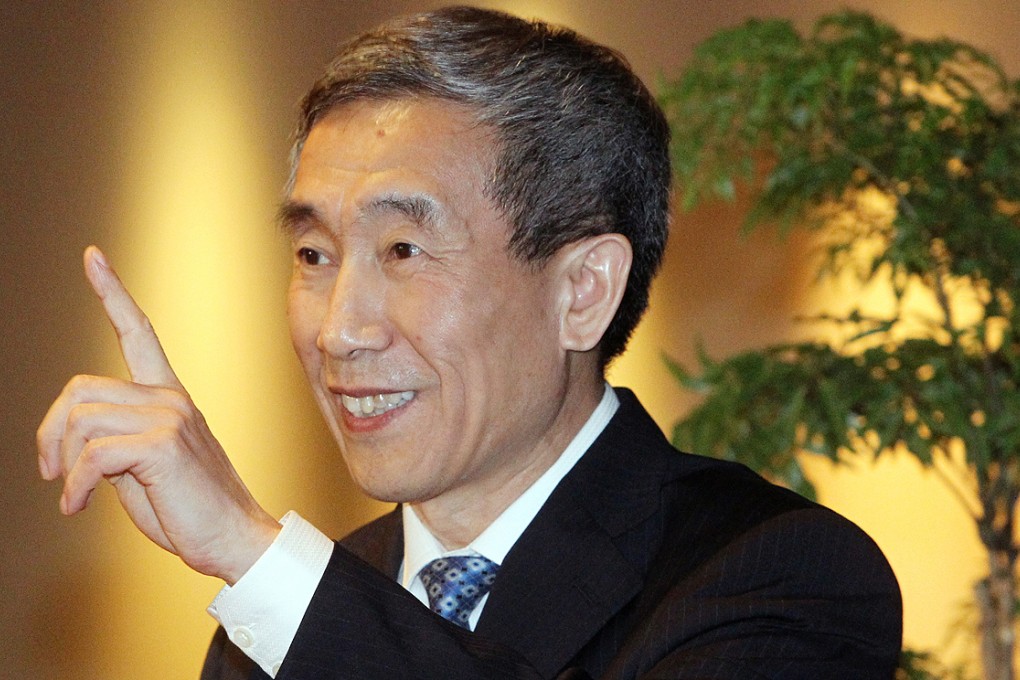Beijing seeks to soften blow of Hong Kong white paper
Central government officials privately admit white paper should have been better prepared and want to soften the tone, say sources

Beijing is studying ways to soften the blow that its controversial white paper had on Hong Kong, sources close to the central government said.
The sources said that while central government officials insisted Beijing had the right to issue the white paper and may do it again in future, they admitted in private that the paper should have been better prepared beforehand to soften the tone and make it more palatable to the Hong Kong public.
Mainland officials have held several rounds of "frank" discussions recently with pan-democrats to bridge the gaps between them after the relationship hit a trough in the wake of the release of the white paper. Today, Basic Law Committee chairman Li Fei will meet 49 Hong Kong lawmakers in Shenzhen to discuss electoral reform. He will spend an extra hour with 15 lawmakers from the pan-democratic camp after the meeting.
The white paper on the administration of Hong Kong, released in June, took many in the city by surprise as there was no hint beforehand that Beijing would produce such a document. The document stressed the central government's "comprehensive jurisdiction" over Hong Kong and referred to judges as "administrators" who had to be "patriotic" in carrying out their job. It raised fears over the principle of the rule of law, and over whether Beijing may be seeking to change promises it made in the 1984 Sino-British Joint Declaration.
About 1,800 barristers and solicitors took to streets to voice their concerns.
The sources played down the concerns and said the paper did not represent a shift in Beijing's handling of Hong Kong affairs but was simply restating its long-held position. But they admitted that the central government should have prepared better to soften its language. "The problem is that we did not talk about the issues covered in the white paper before it was released. That's why people felt surprised," one of the sources said. "The negative reactions are partly triggered by the lack of publicity."